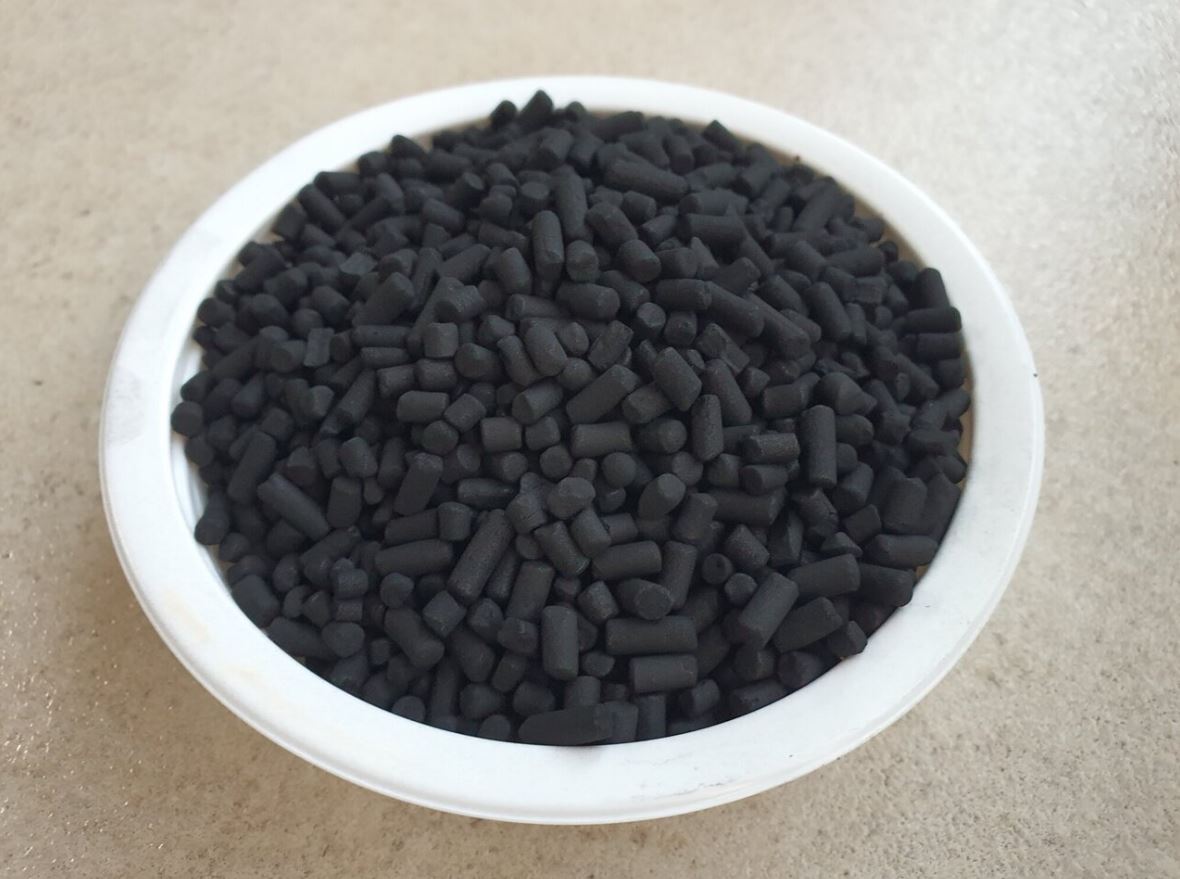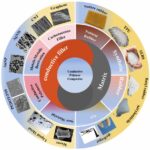 Imagine a world where small businesses can breathe a little easier, both literally and financially. That’s exactly what the Korea Institute of Energy Research is aiming for with their latest breakthrough. They’ve developed a new method that significantly reduces the cost of recycling activated carbon, a process that’s crucial for managing emissions but often heavy on the wallet.
Imagine a world where small businesses can breathe a little easier, both literally and financially. That’s exactly what the Korea Institute of Energy Research is aiming for with their latest breakthrough. They’ve developed a new method that significantly reduces the cost of recycling activated carbon, a process that’s crucial for managing emissions but often heavy on the wallet.
This innovative approach primarily targets volatile organic compounds (VOCs), which are notorious for causing pollution and foul odors. VOCs, like benzene, are released during various industrial activities, including automotive painting and furniture production. These compounds are not only harmful but also regulated strictly, especially for businesses that emit over 10 tons of pollutants annually or have large facilities.
Activated carbon plays a vital role in capturing these VOCs, but the traditional recycling process is energy-intensive and costly. Plus, the high price of precise VOC sensors often forces businesses to settle for less accurate alternatives, complicating efficient pollution management.
Here’s where the new research, published in the journal Energy Conversion and Management: X, steps in. By using affordable sensors, the researchers have crafted a method to accurately determine when activated carbon needs replacing, cutting the cost of new carbon by half. Their collaboration with Kwangwon University resulted in an algorithm that boosts the accuracy of these low-cost sensors to an impressive 92%, ensuring precise VOC monitoring without breaking the bank.
The heart of this innovation is a special facility that regenerates air purification carbon at 200°C. This not only reduces energy use by over 70% but also generates electricity during the process, further lowering operational costs. The regenerated carbon retains 90% of its original effectiveness, making it a sustainable choice.
But the team isn’t stopping there. They’re also exploring the potential of producing hydrogen from VOCs, turning a pollutant into a clean energy source. Dr. Dong Hyuk Chun of KIER highlights the importance of this project, noting how it helps small businesses manage VOC emissions more efficiently, slashes operating costs, and taps into the energy potential of waste gases.
Supported by the Ministry of Environment, this research aligns perfectly with global efforts towards carbon neutrality and eco-friendly practices. It’s a promising step towards a more sustainable industrial future, offering hope and practical solutions for businesses navigating the challenges of emission regulations.








